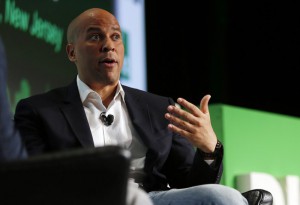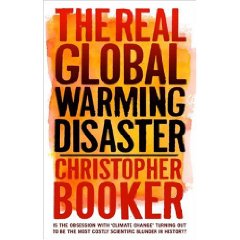Anand Giridharadas
New York Times, 22 March 2013
Cory A. Booker is hoping to be the next U.S. senator from New Jersey. But the constituency he seems keenest to represent is the future itself.
Perhaps more than any prominent American politician, Mr. Booker — the 43-year-old Democrat and mayor of the rust-coated, luck-starved city of Newark — has cultivated his brand as a leader of, by and for a new era.
He tweets with something approaching the frequency of his own heartbeat, so much that his staff calls Twitter his girlfriend. He meditates. He balances old-school talk of God with new-age ideas of being “open to what the universe brings me.” He champions Big Data and knows how many consumer impressions he got last week. He gushes over what may be called the hipster economy: using technology to rent out bedrooms, borrow vacuum cleaners, share cars and raise seed capital.
Educated at Stanford, Oxford and Yale, Mr. Booker is a model of self-propelled ascent in a postindustrial city where rises like his have grown ever rarer. In conversation, he might cite the writers James Baldwin and Langston Hughes; Shiva, the Hindu god of destruction; the business book “Built to Last”; ancient Roman history; and an African proverb about going fast alone but far together. Owing in part to the gap between his own sophistication and the travails of the city he has led since 2006, he has endured ceaseless speculation about whether Newark is merely a steppingstone.
Now, as he turns his attention to a U.S. Senate race in 2014, the more interesting question may be whether a self-styled politician from the future can make it to the Washington of right now — and what a city of marble, pearls and power ties might make of him.
Even as the Republican Party undergoes a time of soul-searching, self-flagellation and contestation, Mr. Booker’s emergence hints at schisms to come among Democrats. He represents the Googly-Facebookish wing of the party — liberal as ever in its views on issues like same-sex marriage and abortion rights, but more libertarian than the old guard on economics, more trusting of markets than unions to improve lives, more reliant on the business jargon of “synergy” and “scale” than the language of activism and justice.
Mr. Booker sounds like a new kind of Democrat, for example, when he says that running Newark has made him trust data more than his own liberal principles on the issue of reducing gun violence.



